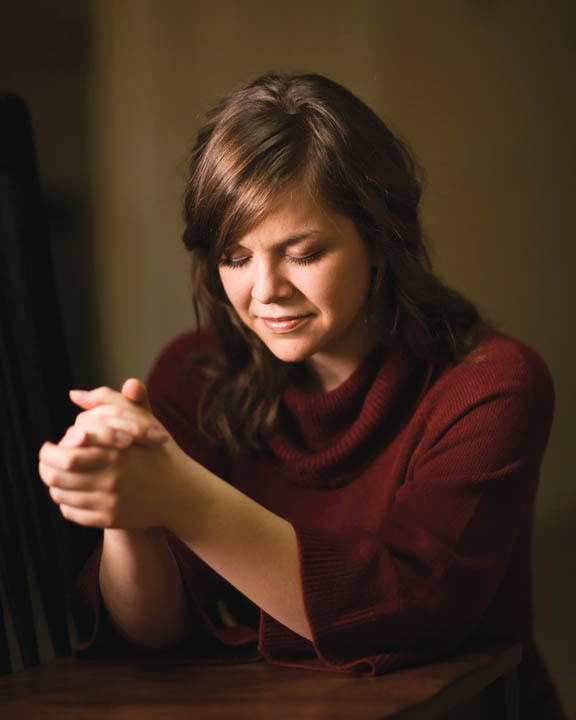Question
Gramps,
Why do we use old English when we say prayers? Also, how do we do it correctly? Words like “Canst” “Wilt” and similar conjugations can be confusing. Thanks!
Tyler
Answer
Tyler,
I thank thee for thy question.
Modern English generally uses only the word “you” for the second person. Many other languages, including Spanish, French, and Portuguese, continue to use two different words for the second person–“usted”/”vous”/”você” in one context, and the universal “tu” in another. In general, one form is used for formal situations and acquaintances and the other for more intimate or informal relationships. Wikipedia claims that “The familiar [“tu”] form is used when speaking to God, at least in French (in Protestantism both historically and today, in Catholicism since the post-Vatican II reforms), German, Spanish, Italian, Portuguese, Russian, and Scottish Gaelic (all of which maintain the use of an “informal” singular form of the second person in modern speech).”
Elder Dallin H. Oaks has taught,
Modern English has no special verbs or pronouns that are intimate, familiar, or honorific. When we address prayers to our Heavenly Father in English, our only available alternatives are the common words of speech like you and your or the dignified but uncommon words like thee, thou, and thy, which were used in the King James Version of the Bible almost five hundred years ago. Latter-day Saints, of course, prefer the latter. In our prayers we use language that is dignified and different, even archaic. Conference Address, The Language of Prayer, May 1993.
Our using a form of language reserved for intimate, familiar, and honored acquaintances, is a reminder of the type of relationship that we hope we are building with God through our prayers to Him. However, that said–most American schools don’t teach the proper way to conjugate verbs in a sentence where the “thou” form is present, and I’ve seen a lot of people become so confused with this that it becomes a distraction. The “thou” form, we are told, is important–but I would hope that the focus of a prayer would always be the desires of the parties involved–not whether the person offering the prayer said “thou have” when he should have said “thou hast”.
Gramps







